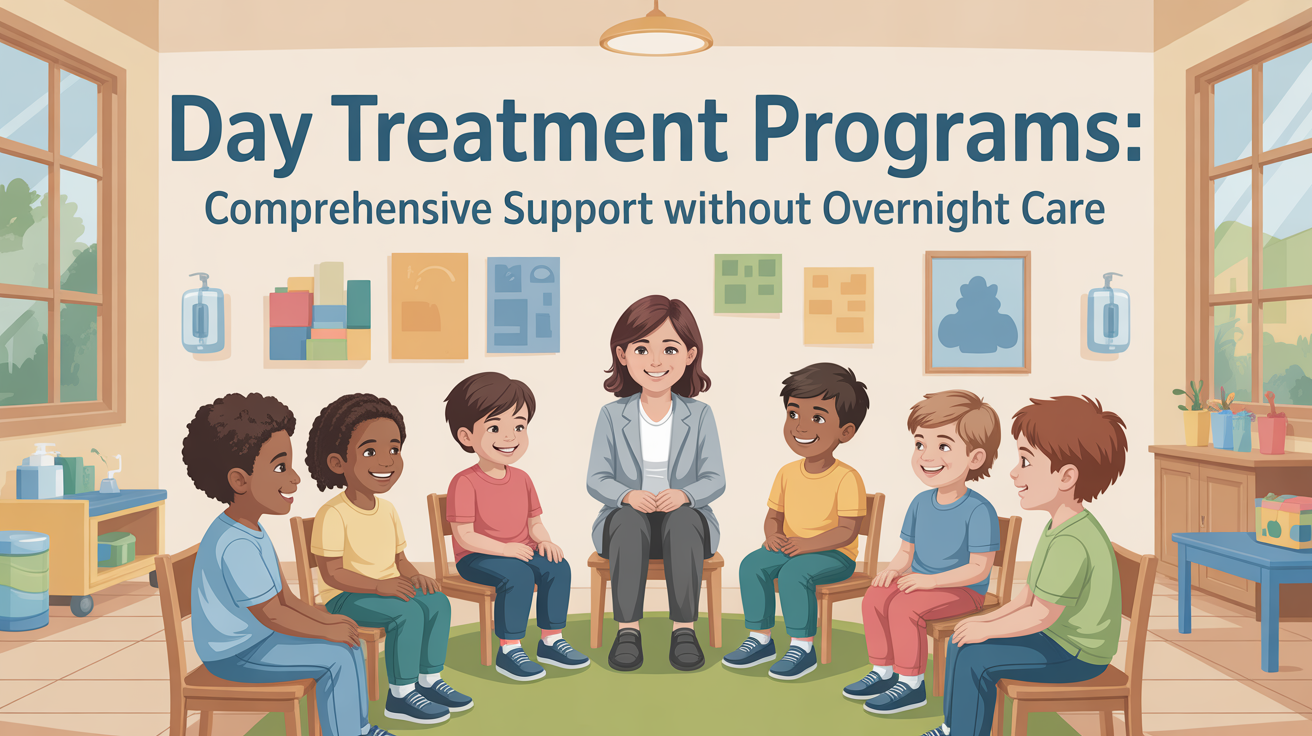When a child with cognitive disabilities embarks on a journey of behavioral therapy, the role of family becomes essential. Parents, siblings, and caregivers serve as the foundation for emotional support, reinforcement, and consistency in therapy strategies. With the right involvement, families can significantly enhance the effectiveness of behavioral interventions, helping children build essential life skills and improve their overall well-being.
The Importance of Family in Behavioral Therapy
Behavioral therapy aims to address specific challenges related to communication, social skills, emotional regulation, and adaptive behaviors. While professional therapists guide and structure these interventions, families play a critical role in maintaining and reinforcing learned behaviors outside of therapy sessions. Here’s why family involvement matters:
- Consistency and Reinforcement – Therapists provide strategies, but families implement them daily. Consistently reinforcing positive behaviors and applying structured interventions at home helps children adapt more effectively.
- Emotional Support – Children with cognitive disabilities often experience frustration and emotional distress. A supportive family environment reassures them and fosters a sense of security, which is crucial for therapy success.
- Better Communication – When families actively participate in therapy, they gain a deeper understanding of their child’s needs and challenges. This improves communication and fosters a stronger parent-child connection.
- Generalization of Skills – Therapy settings are controlled environments, but real-life situations vary. Family members help children apply new skills in different settings, from school to social gatherings, ensuring long-term progress.
Practical Ways Families Can Support Behavioral Therapy
- Active Participation in Therapy – Attending therapy sessions, asking questions, and learning strategies directly from therapists allow families to apply interventions effectively at home.
- Creating a Structured Environment – Children with cognitive disabilities thrive on routine. Establishing a predictable daily schedule helps reinforce positive behaviors and reduces anxiety.
- Using Positive Reinforcement – Encouraging desired behaviors with praise, rewards, or incentives motivates children to continue making progress.
- Collaborating with Therapists and Educators – Open communication between families, therapists, and teachers ensures consistency in interventions across different environments.
- Practicing Patience and Self-Care – Supporting a child through behavioral therapy can be challenging. Parents and caregivers should also prioritize their own well-being to maintain the patience and energy needed to provide consistent support.
The Lasting Impact of Family Involvement
When families actively engage in behavioral therapy, children with cognitive disabilities experience greater improvements in their emotional, social, and adaptive skills. The family unit becomes a powerful agent of change, ensuring that therapeutic strategies are not only learned but also lived every day. Through love, patience, and commitment, families help pave the way for a brighter and more independent future for their children.
By recognizing their pivotal role and embracing active participation, families can make a lasting difference in the lives of children with special needs, turning therapy into a holistic and life-enriching journey.



